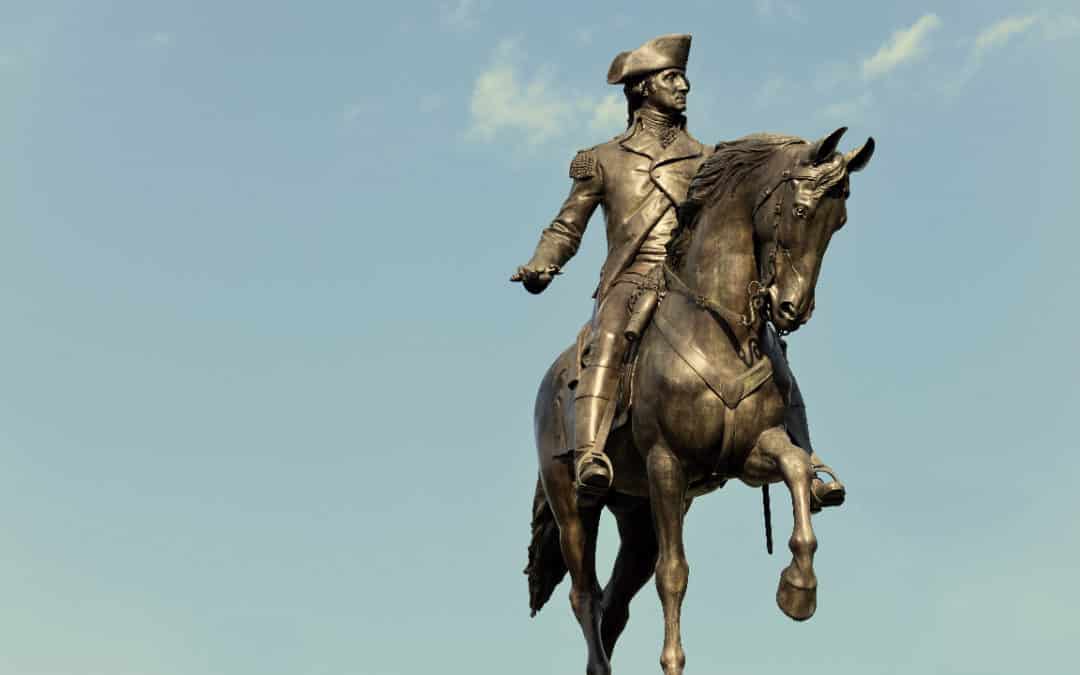
Founding Fathers


Limited or Absolute Power: Warnings from Anti-Federalist Agrippa
The Anti-Federalist writer Agrippa powerfully expressed many of the same reservations about the Constitution as other opponents – that it would create a consolidated government leading to a loss of liberty. But unlike most others, Agrippa was also concerned with...
The Ides of March: George Washington Quells a Coup
It was the end of 1782 and the War for Independence was all but over, but the details of the official peace treaty had not yet been hammered out between the American delegation (John Jay, Benjamin Franklin, and John Adams) and their British counterpart (David...
War Powers: The True History of George Washington and the Indian Tribes
Supporters of unilateral executive war power want you to believe presidents can make all kinds of decisions about war and peace because, as they tell the story, George Washington engaged in military conflicts with Native Americans without getting authorization from...
War Powers: The True History of Thomas Jefferson and the Barbary Pirates
People on both the left and the right claim the president possesses significant, unilateral power over military action, and they support this myth by perpetuating a big lie – that Thomas Jefferson did the same in response to the Barbary Pirates. But like so...
